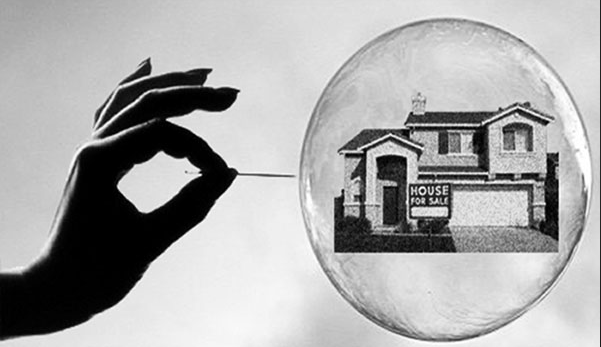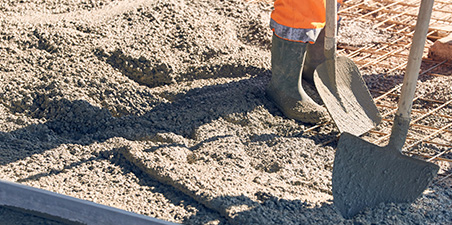
Building a new home can be a particularly daunting task for many people. This is especially true when dealing with the strict laws and regulations that come with building a new home in California. Concrete Shells wants to make sure that our clients possess basic knowledge on California construction law in order to better prepare them for what to expect when building their new home. Below is a brief run through of the top things you should know about California construction law before building your next home. Please leave us a comment if this helped you out!
What is a Mechanic's Lien Release?
A mechanic's lien is a security interest in the title to property for the benefit of those who have supplied labor or materials that improve the property. The lien exists for both real property and personal property. Parties entitled to mechanic’s lien rights in California include direct contractors, subcontractors, material suppliers, equipment lessors, laborers, design professionals, and any person providing work authorized for a site improvement. For all parties, it is required that the party provided work authorized for a work of improvement.
No lien release is binding unless the claimant signs and delivers a waiver and release. If signed by the claimant or his or her authorized agent, the signed form is effective to release the affected party from liability.
Friendly Tip: Be careful! Paying your contractor (and/or getting a release from your contractor) does not guarantee that other claimants, like subcontractors and suppliers, are paid. A claimant is a person who, if not paid, can file a lien on your property. To be effective, the waiver and release forms must follow, substantially, one of the forms set forth in Civil Code sections 8132, 8134, 8136, and 8138.
Did you know there is a 3 Day Right of Rescission for a Signed Contract?
The Federal Trade Commission gives you the right to cancel a contract for a full refund until midnight of the third business day after the sale. The seller must inform the consumer of his/her rights to cancel or rescind the contract at the time of sale. You do not have to give a reason for canceling, as you have the right to change your mind. The seller has ten business days to cancel and return any check you signed, or ultimately refund all your money.
Always Follow the First Rule of Hollywood: Get it In Writing!
Any work valued at over $500 must be in writing and must be done by a licensed contractor. If you are promised something verbally, make sure that it is included in writing. Don't sign anything until you understand the contract and agree to the terms. Trusting someone’s word (even friends or family) is not advisable in a situation like this.
How can I be proactive to avoid accidentally breaking construction laws?
To be proactive, always follow the first rule of Hollywood. DO NOT USE UNLICENSED CONTRACTORS! Go with your “gut feeling”. If something feels a little off or abnormal, it probably is! Do your research if something does not seem correct.
Did you know you are automatically protected for the future?
A one year warranty is required on all work completed, and a ten year warranty on latent defects is required on items that cannot be directly seen (such as structural items).
Where can I go to learn more about these laws?
To learn more, check out the Contractors State License Board website: www.cslb.ca.gov and the Federal Trade Commission www.ftc.gov










